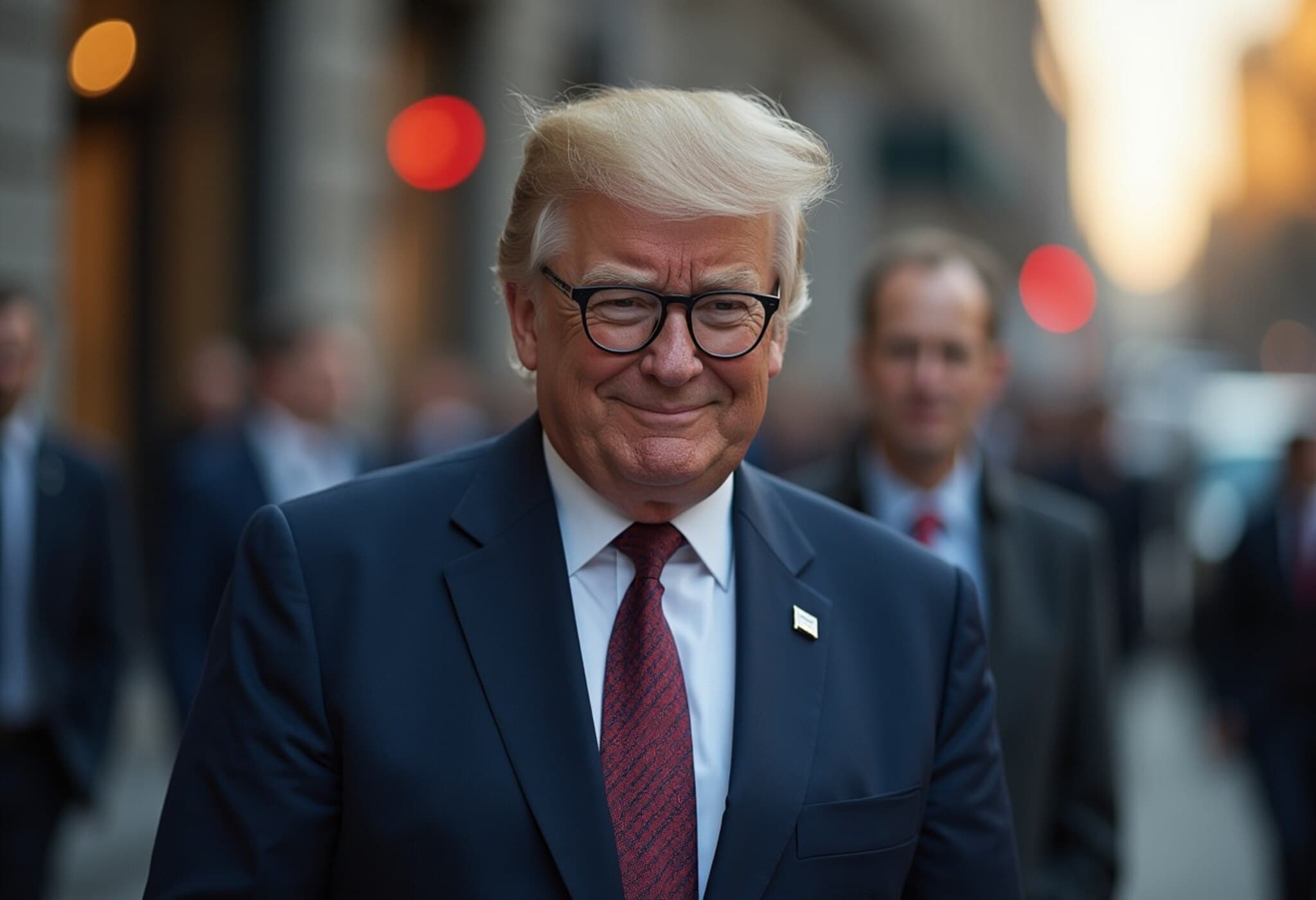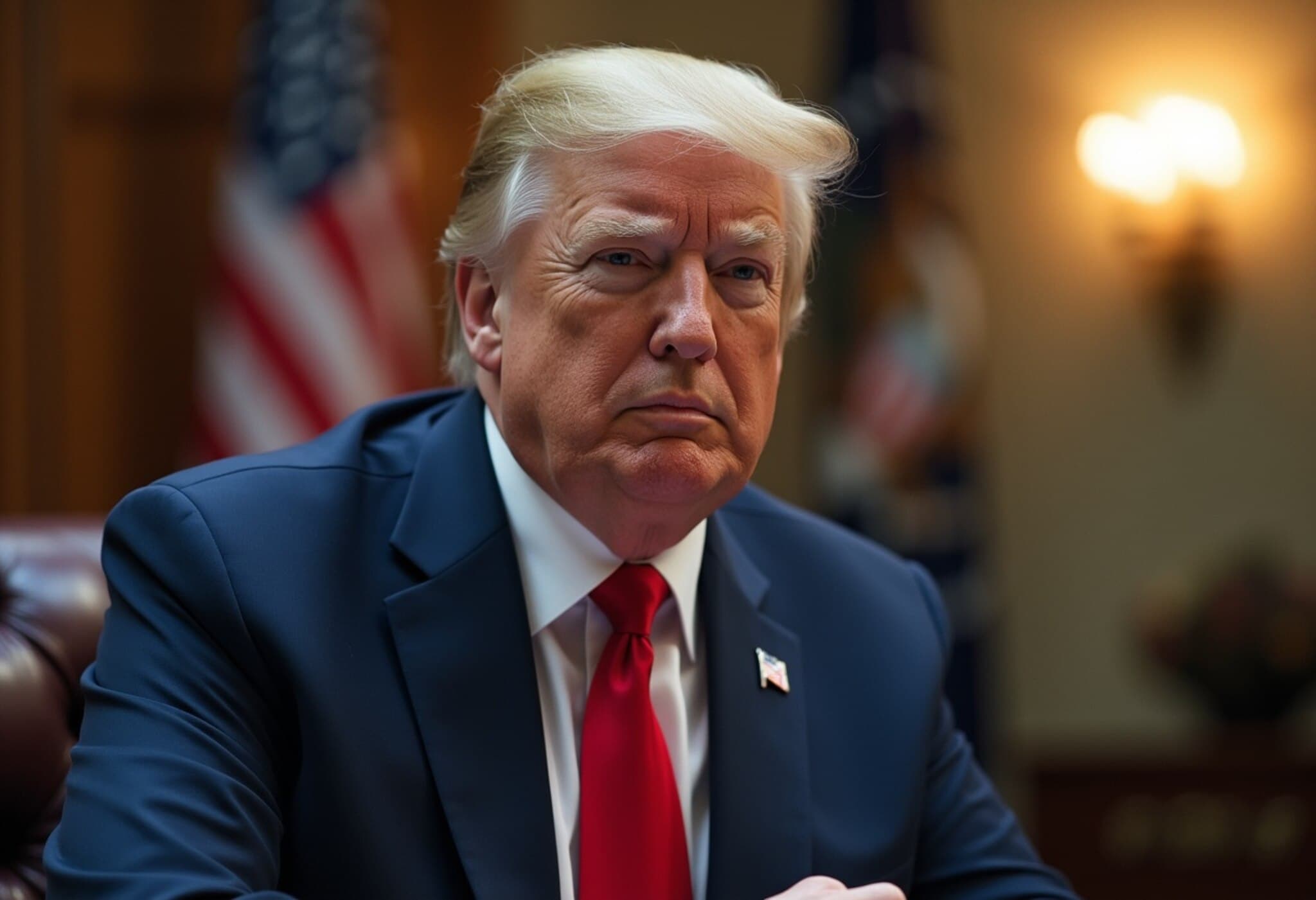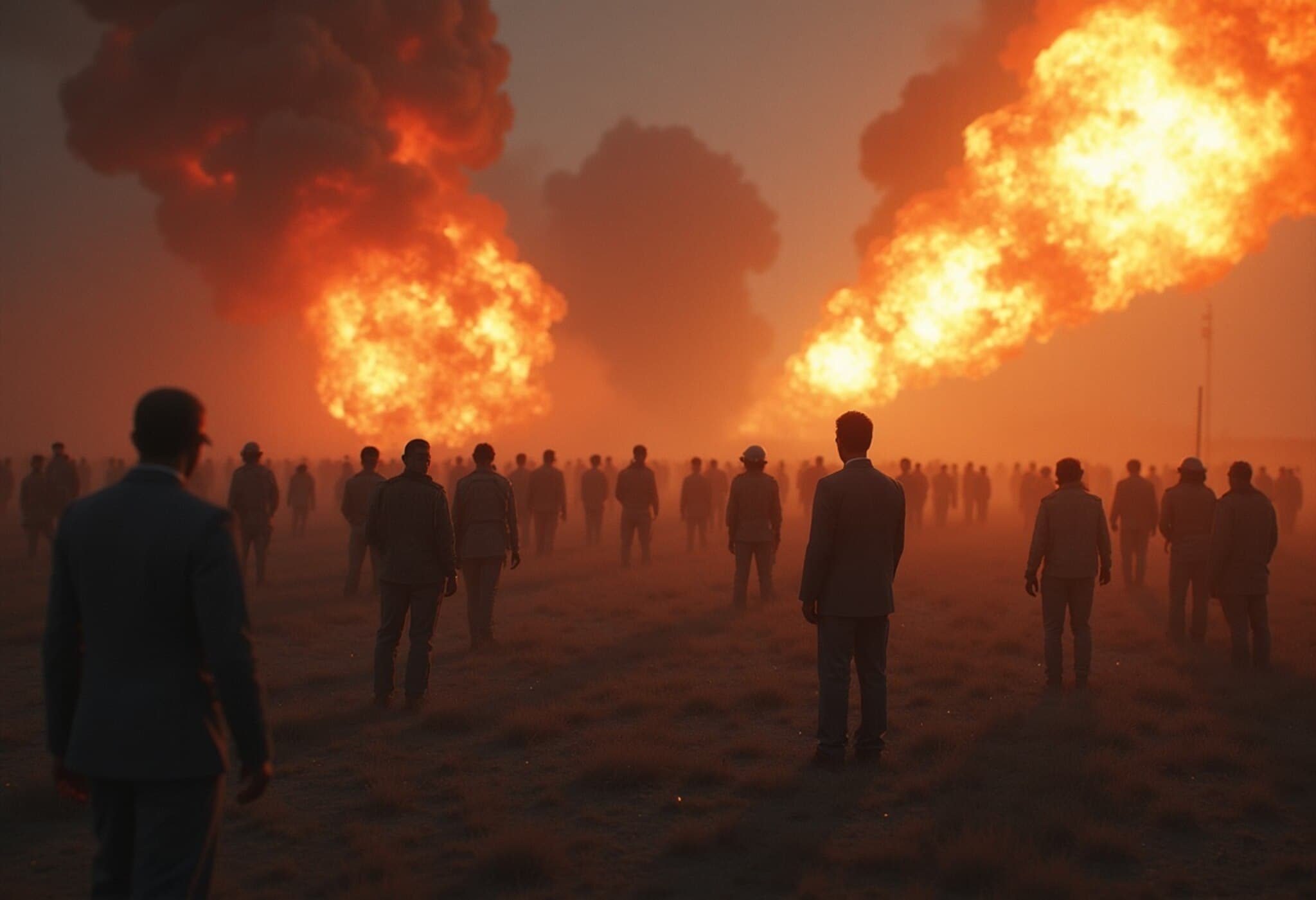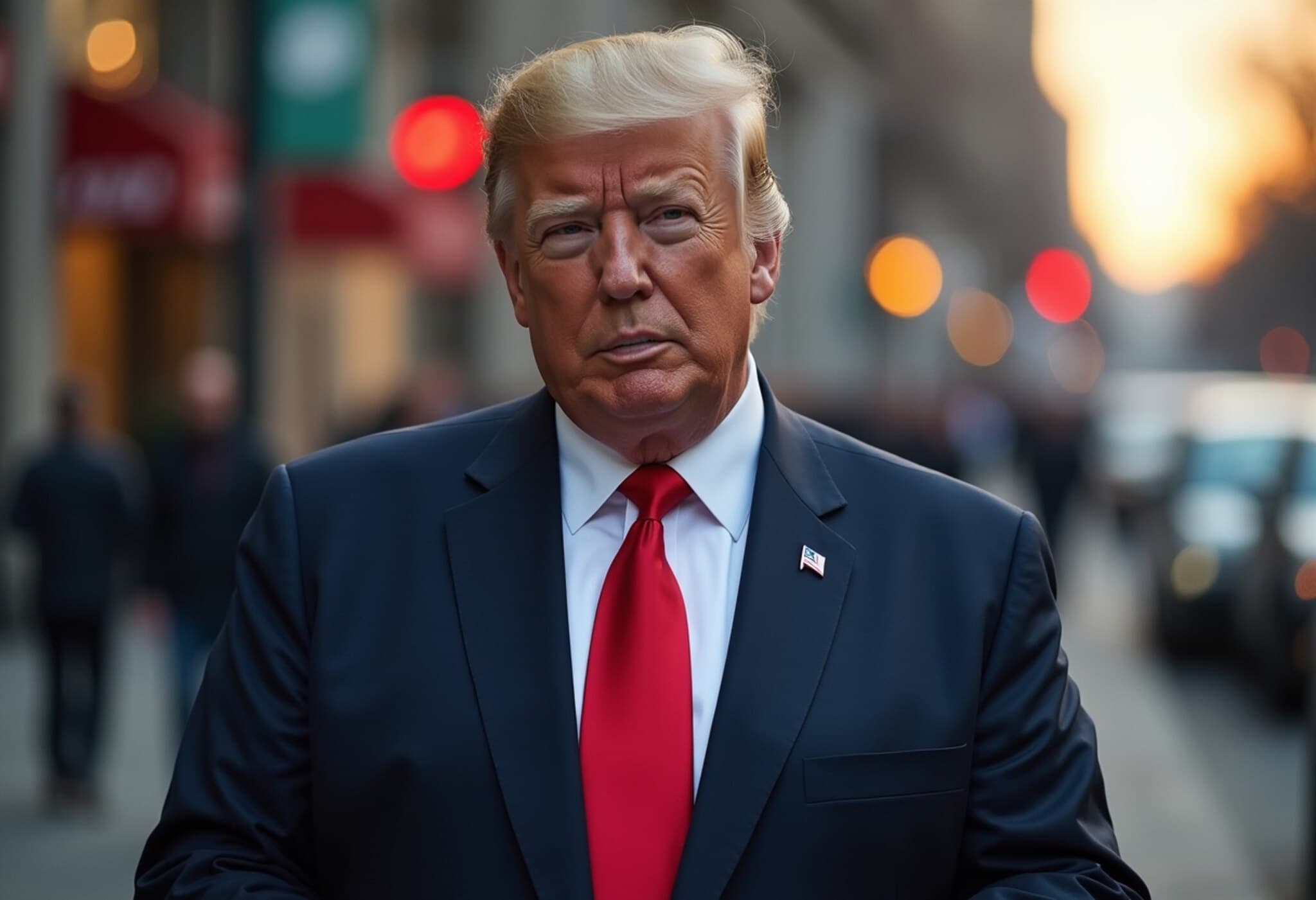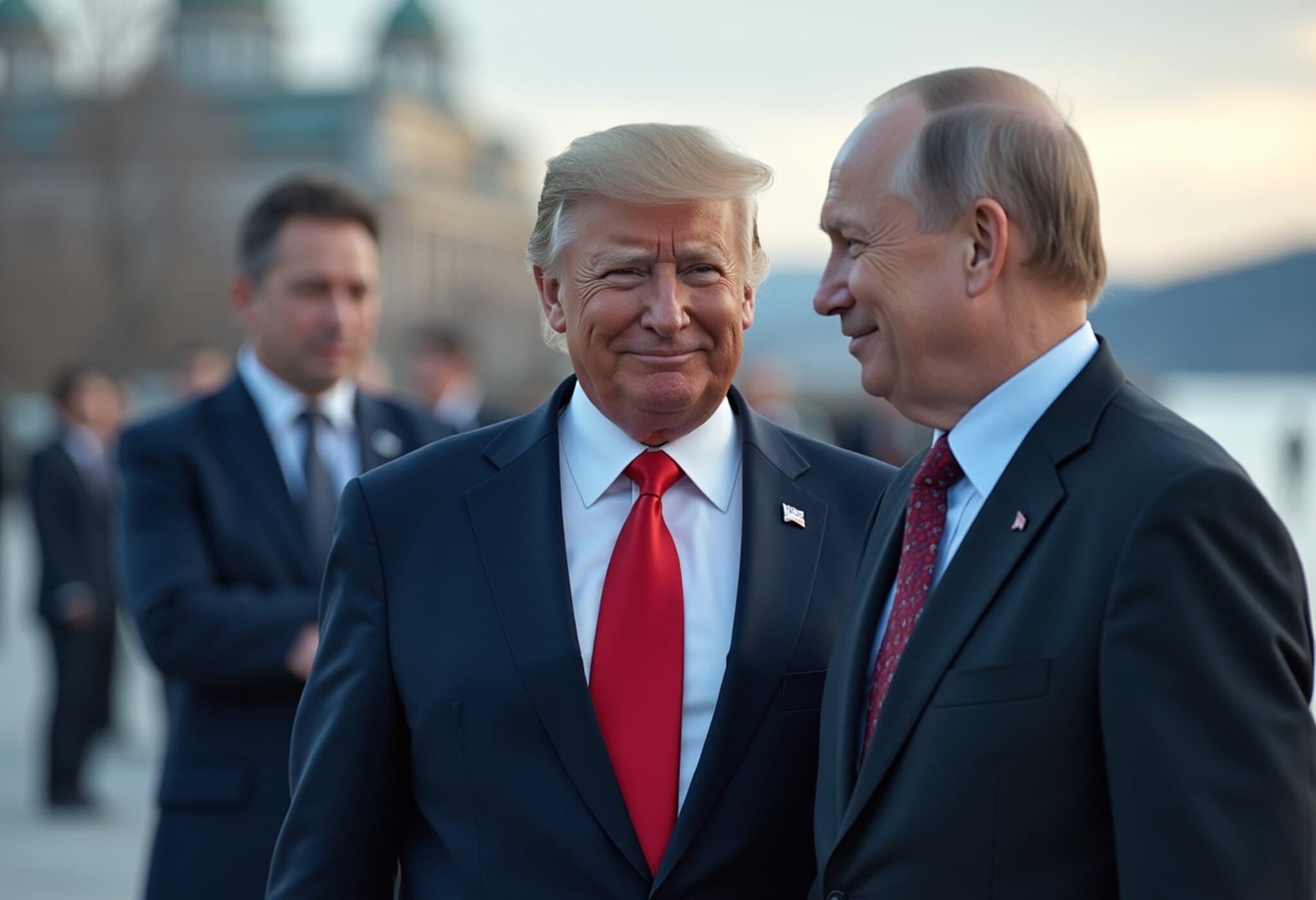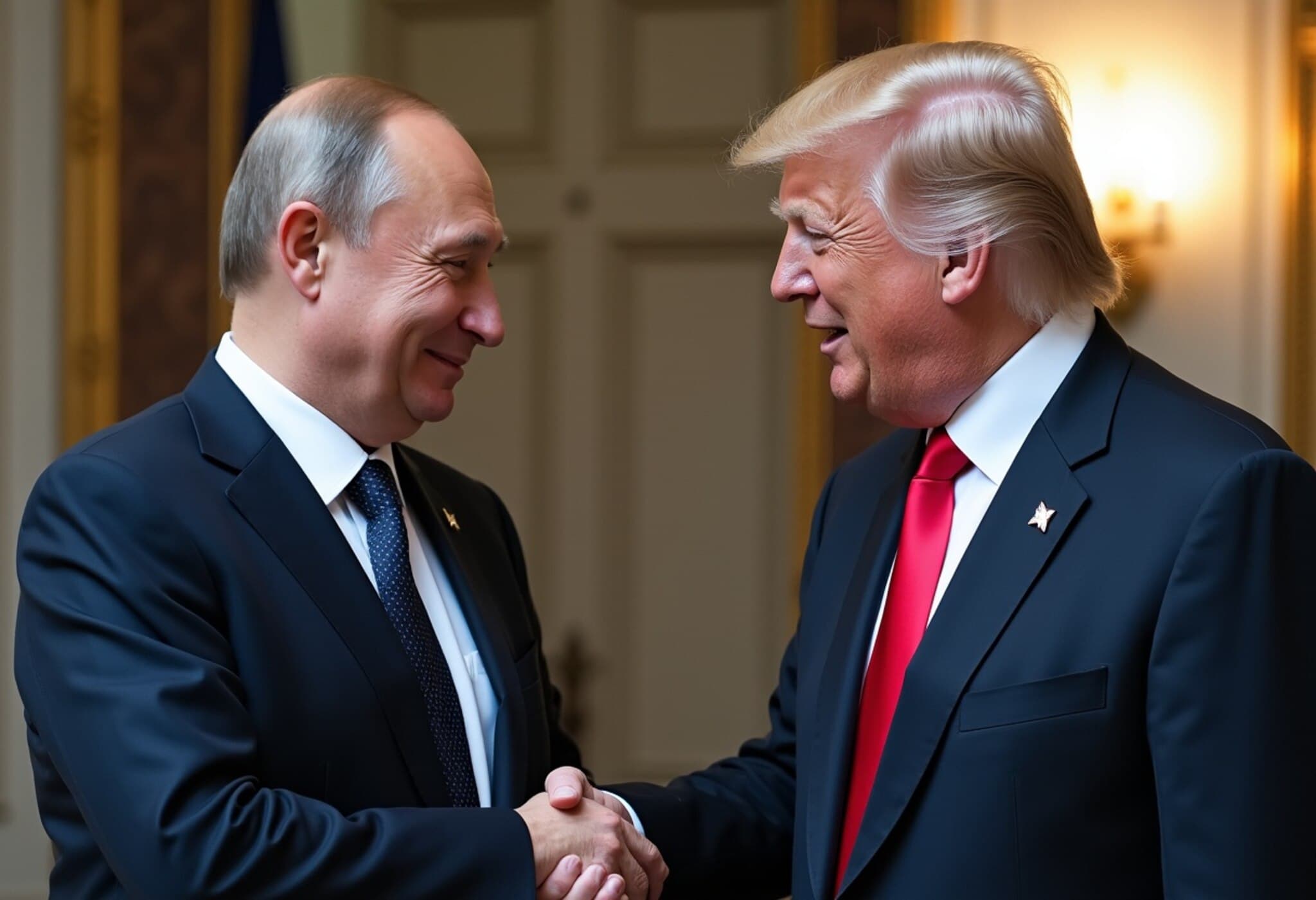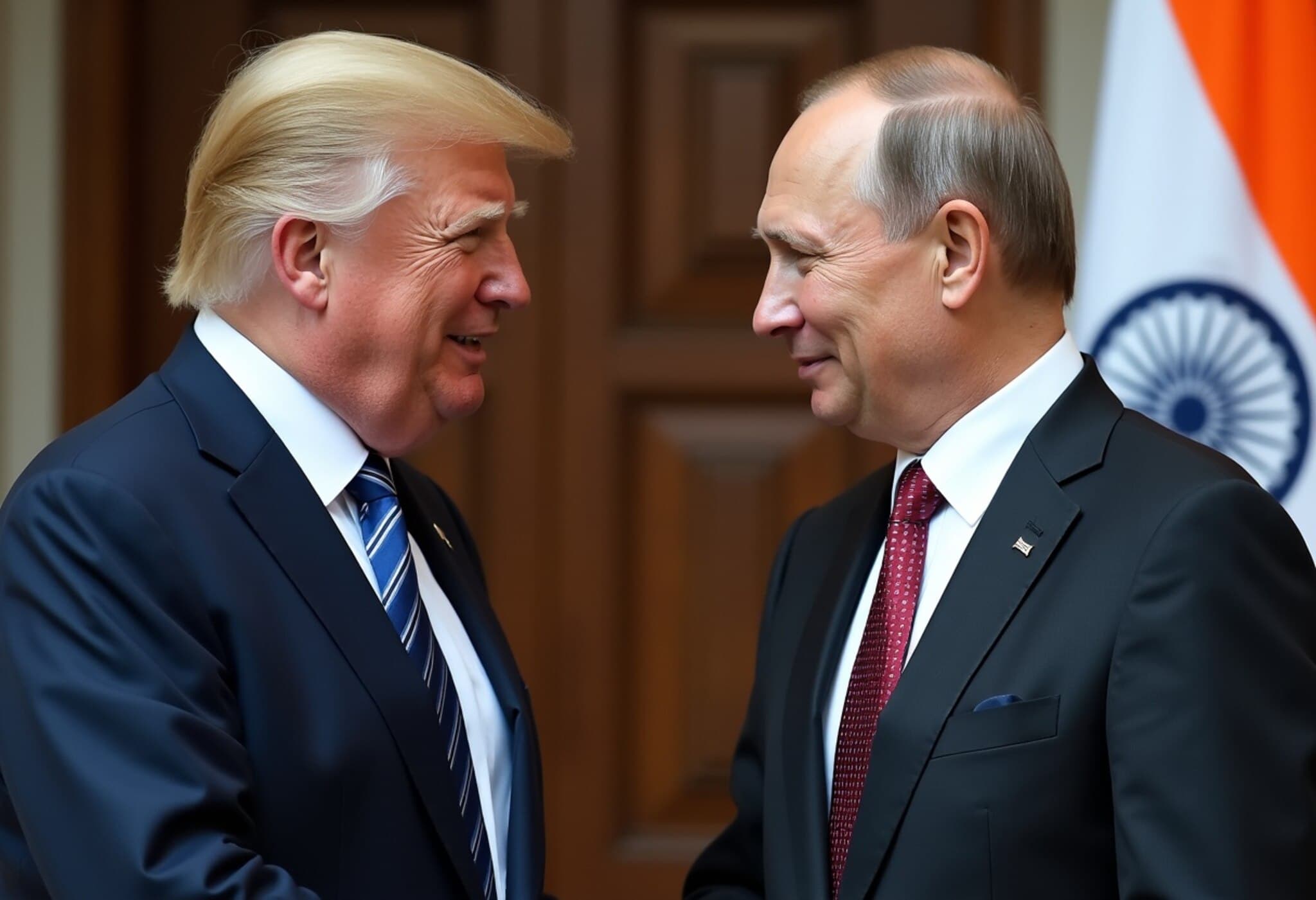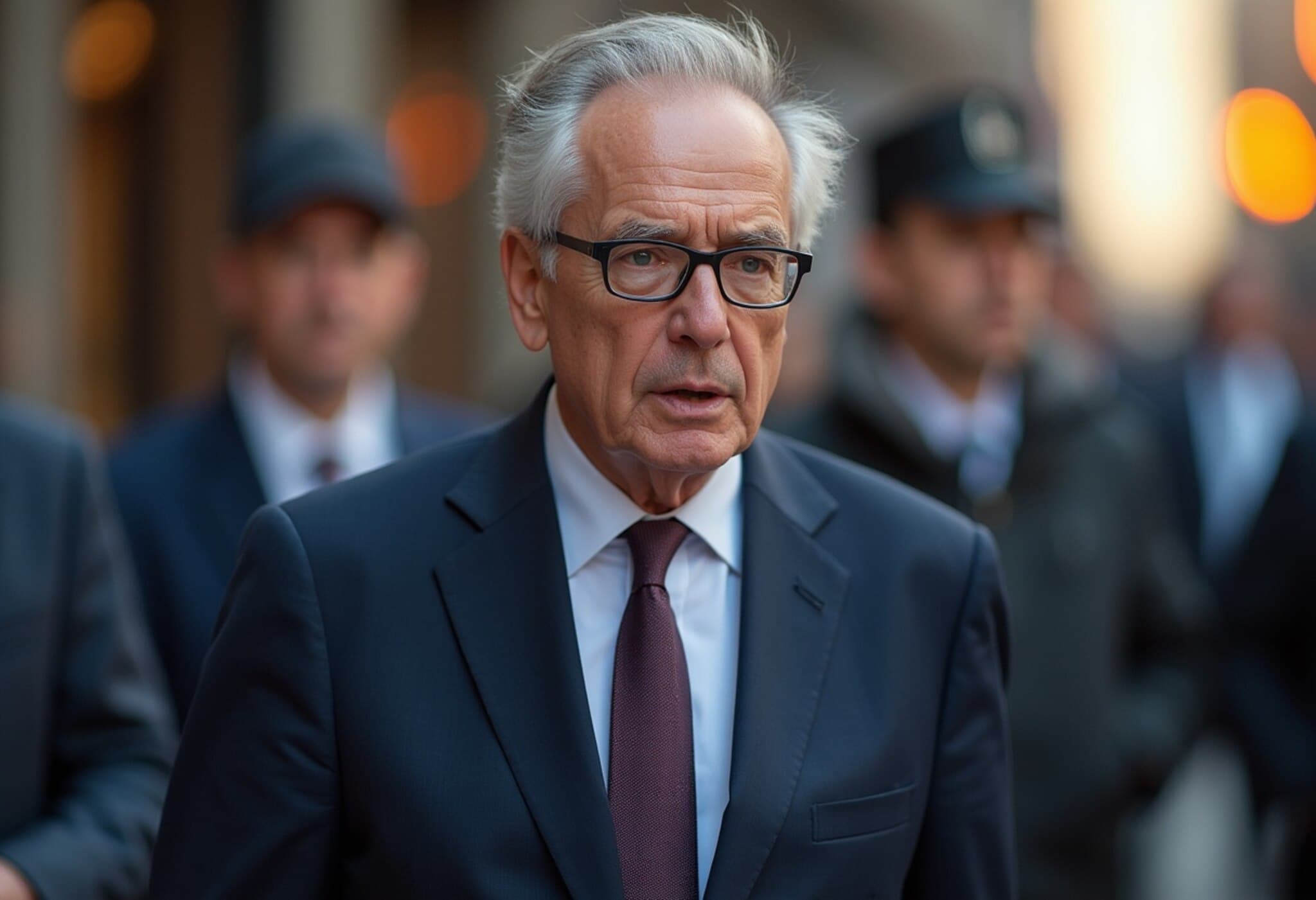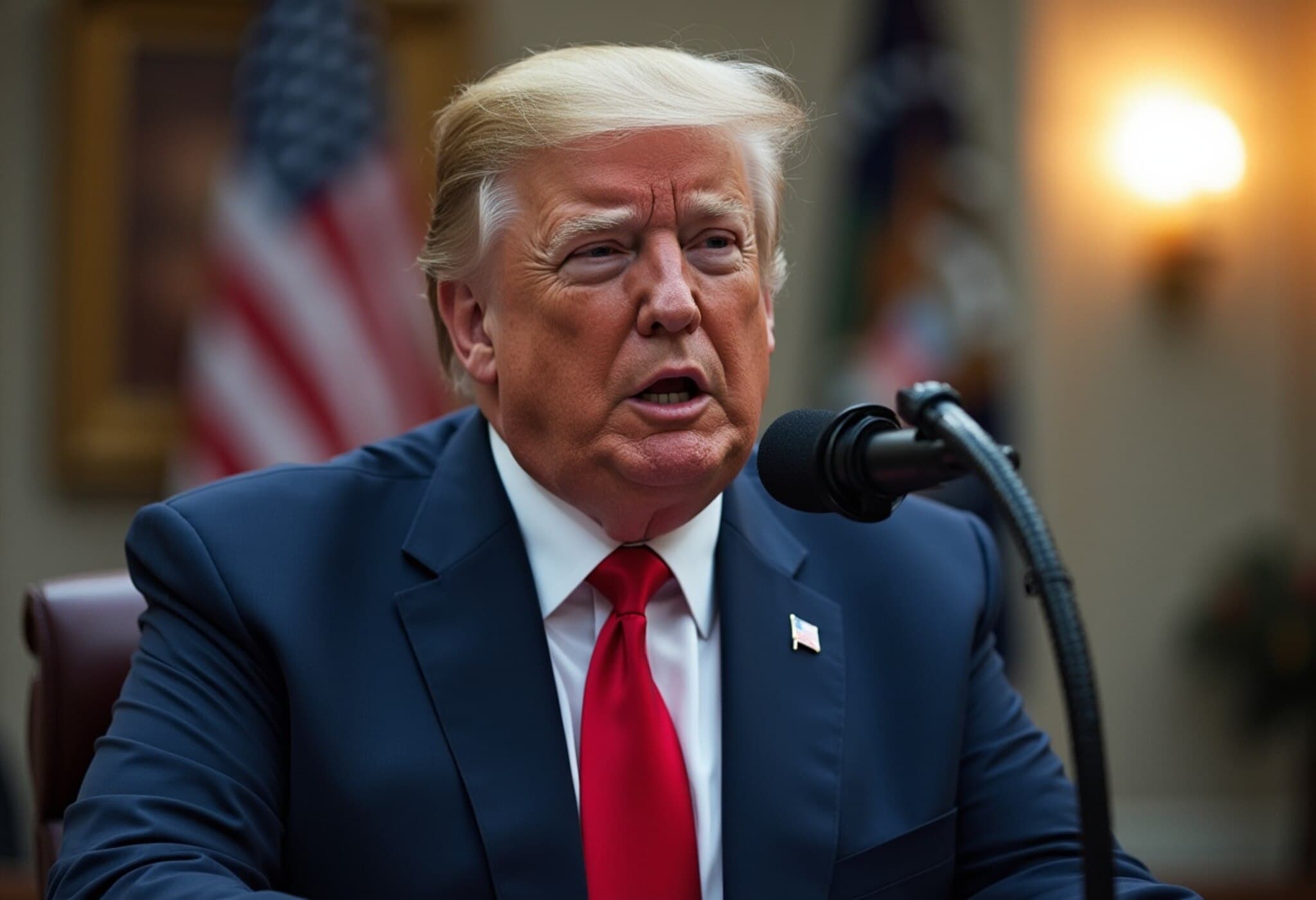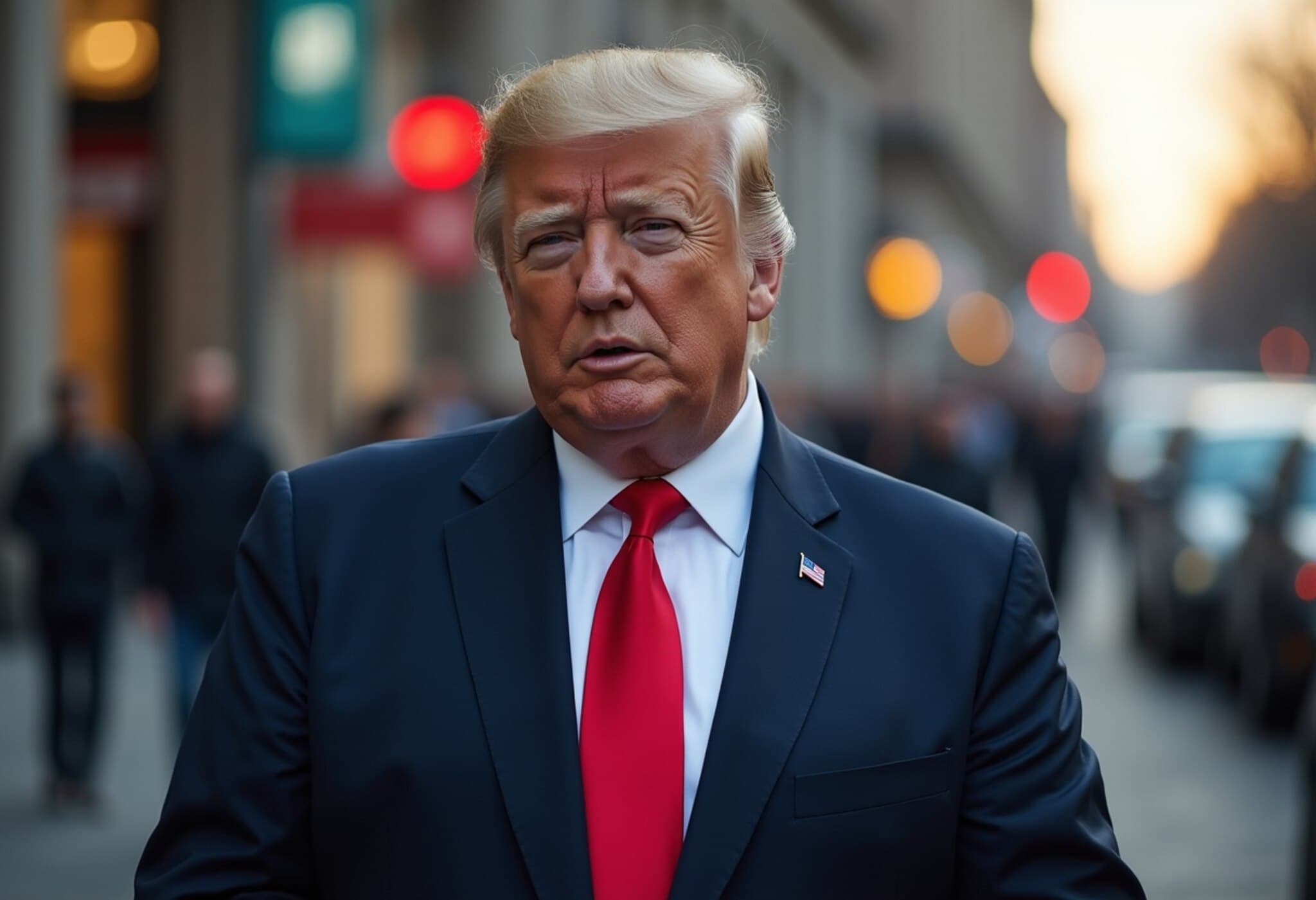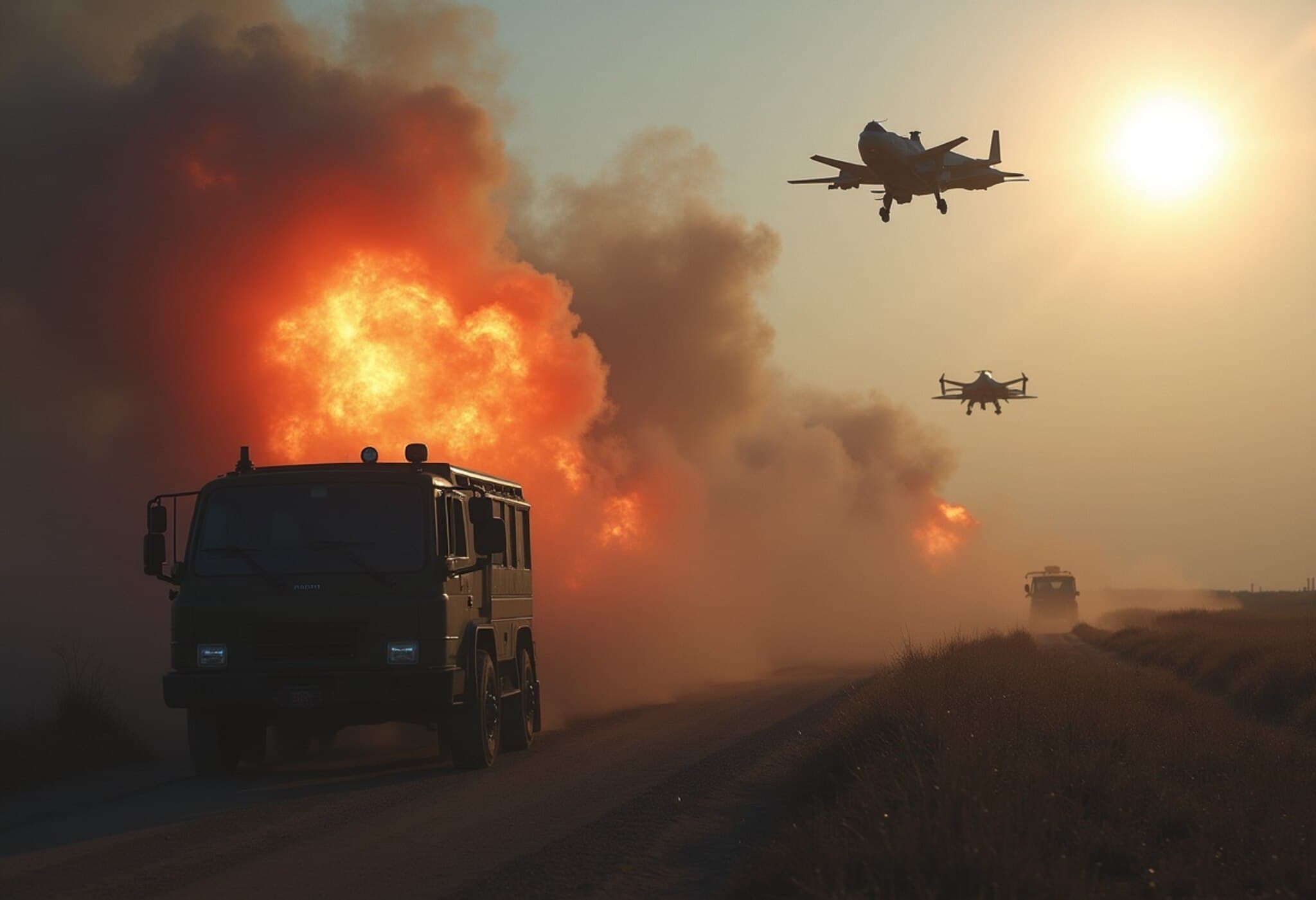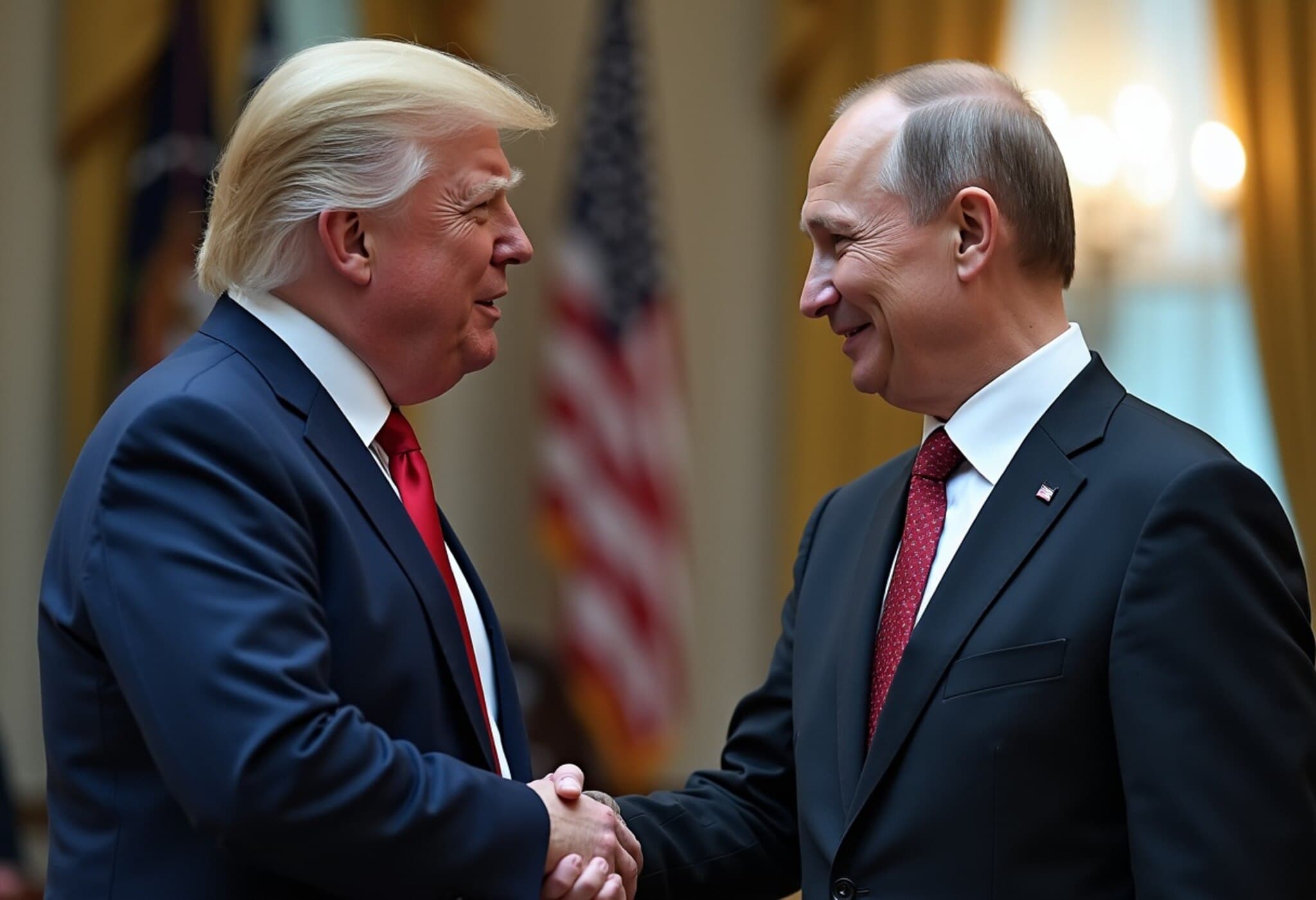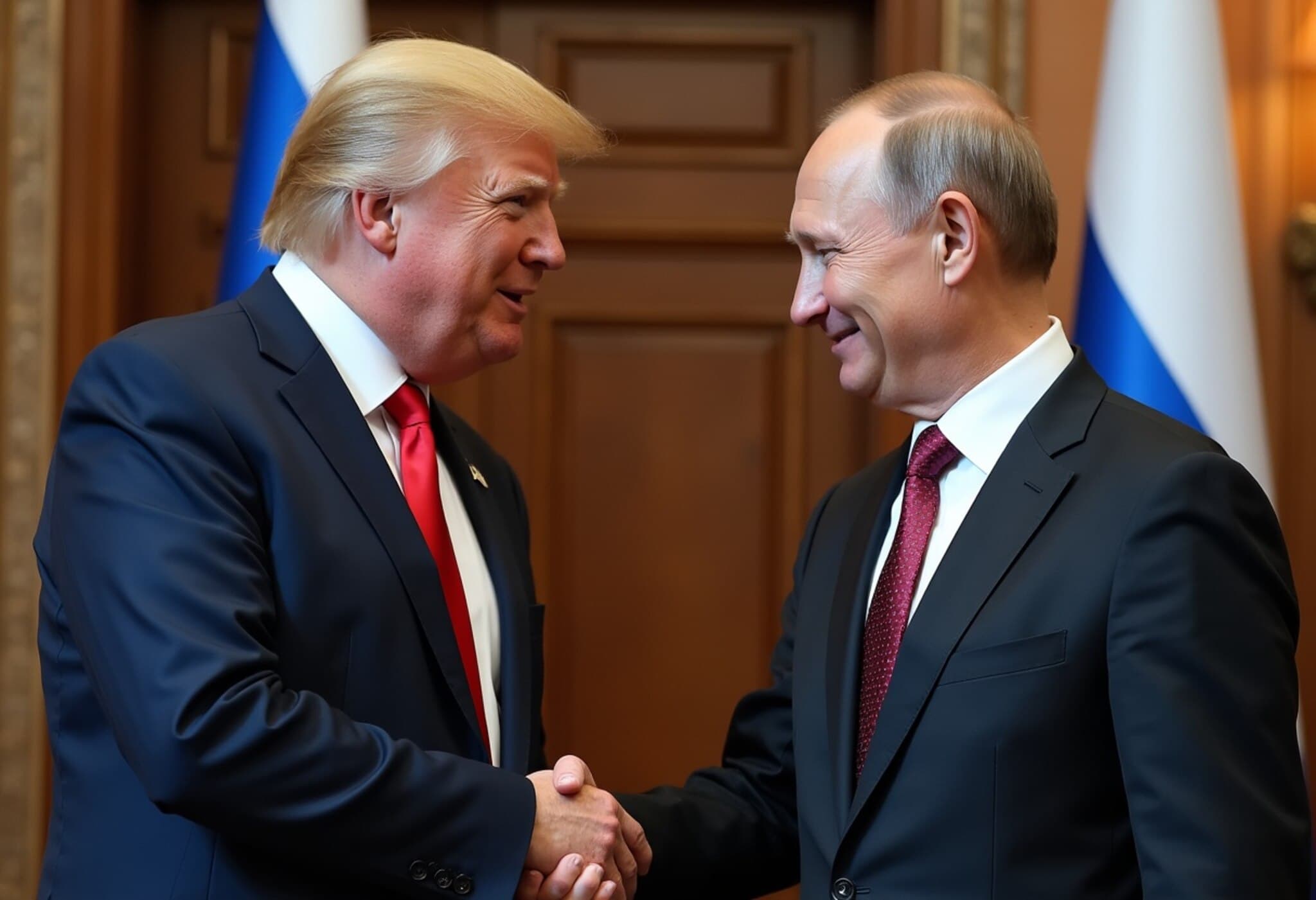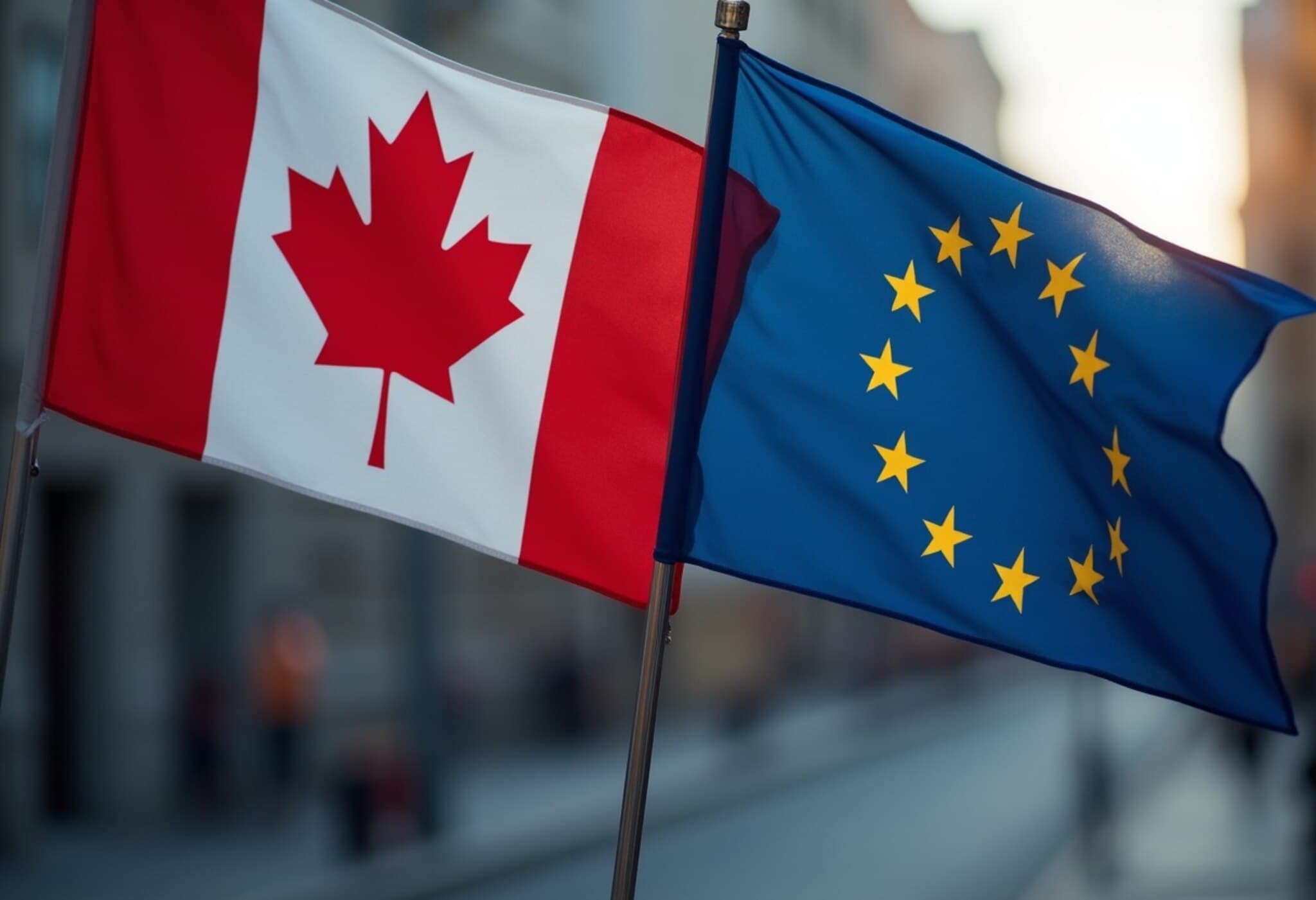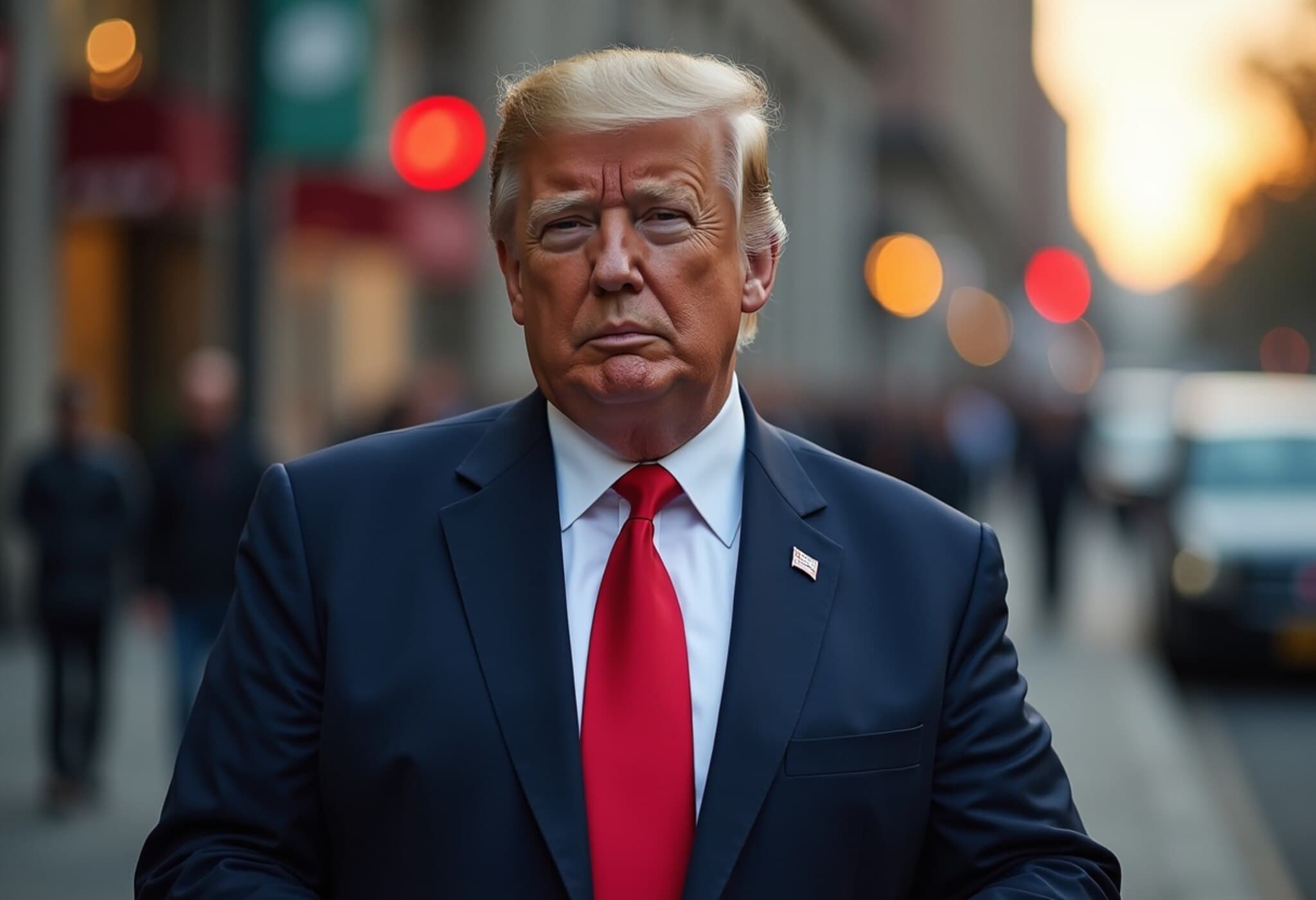NATO Chief Marks Tough Stance on Secondary Sanctions Targeting Russia Trade Partners
In a striking development amid escalating geopolitical tensions, NATO Secretary General Mark Rutte cautioned that countries including Brazil, China, and India risk significant economic impacts if they persist in trading with Russia. His remarks came during a meeting with U.S. senators, shortly after President Donald Trump unveiled a robust new package of weapons for Ukraine while simultaneously threatening stringent secondary sanctions targeting buyers of Russian exports.
Strong Warning to Key Economic Players
Speaking from Washington D.C., Rutte’s message was clear and pointed: “If you live in Beijing, New Delhi, or Brasília, you might want to reconsider your current trajectory,” he told reporters. He urged these nations to press Russian President Vladimir Putin towards earnest peace negotiations to avoid grave consequences. “Otherwise, these secondary tariffs—potentially hitting imports with a 100% tariff—could slam Brazil, India, and China in a massive way,” he emphasized.
Context: The Stakes Behind the Secondary Sanctions
The warning follows President Trump’s announcement of an aggressive 50-day ultimatum for Russia to agree to peace or face “biting” sanctions designed to squeeze not only Moscow but also its trade partners. Secondary sanctions are a complex tool in international diplomacy—penalizing third-party countries that maintain trade with a sanctioned nation, thereby widening the economic pressure beyond direct targets.
This approach reflects a strategic pivot intended to isolate Russia further on the global stage. However, it raises critical questions about collateral economic damage and global supply chains. Brazil, China, and India are among the world’s largest economies with robust trade ties to Russia, especially in energy and commodities sectors. Disrupting these could have ripple effects reaching far beyond immediate sanctions.
U.S. Senators Express Mixed Feelings on the 50-Day Timeline
Republican Senator Thom Tillis expressed cautious approval of the weapons aid and sanctions but voiced concern over the 50-day peace negotiation window. “I worry Putin might exploit the delay to solidify wartime gains, presenting a stronger bargaining position,” Tillis noted. He argued any territorial advances by Russia during this period should be considered unacceptable, underscoring the delicate balance in timing such high-stakes diplomacy.
Europe’s Role in Bolstering Ukraine’s Defense
Rutte also provided insight into Europe’s commitment to Ukraine’s defense and negotiation leverage. The European allies are set to fund a substantial uptick in military aid—covering ammunition, missiles, and comprehensive air defense systems—coordinated with U.S. support. While discussions about providing Ukraine with long-range missiles are ongoing, the Secretary General stressed that a combination of defensive and offensive capabilities is being carefully calibrated by NATO military leadership in consultation with Kyiv.
Expert Analysis: Navigating the Complexity of Secondary Sanctions
Secondary sanctions represent a powerful but double-edged sword in global diplomacy. On one hand, they amplify pressure on Russia by choking off alternate trade routes. On the other, they carry the risk of alienating key emerging economies that may perceive the move as coercive economic warfare, potentially pushing them closer to Russia or fostering diplomatic rifts.
For policymakers in Washington and Brussels, the challenge lies in crafting sanctions that maximize strategic advantage without destabilizing global markets or fracturing international coalitions. Brazil, China, and India’s response could reshape the global economic dynamic and influence the durability of sanctions regimes.
What’s Next? The Road Ahead for Peace and Economic Stability
As the 50-day deadline ticks down, all eyes will be on diplomatic channels and economic indicators. Will Moscow engage constructively to break the stalemate? How will Brazil, China, and India navigate growing pressure to align with Western sanctions? The unfolding answers will profoundly impact not just the Ukraine conflict but the wider geopolitical landscape, especially for the U.S. and NATO allies seeking to uphold international norms.
Editor’s Note:
The architecture of modern geopolitical conflict increasingly intersects with global trade and economics. This evolving scenario underscores the critical importance of diplomatic agility and economic foresight. As secondary sanctions test the resolve and relationships of major emerging economies, their decisions will reverberate through international markets and global peace efforts alike. Readers should watch how these dynamics influence international cooperation beyond the conflict in Ukraine, signaling broader shifts in 21st-century diplomacy.

